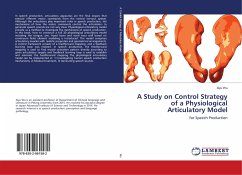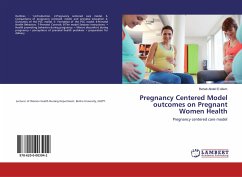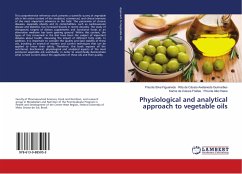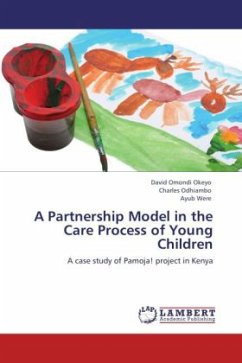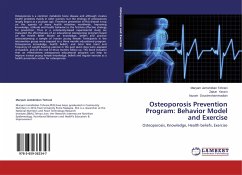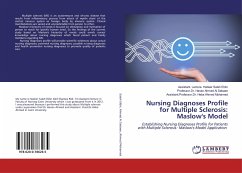In speech production, articulatory apparatus are the final organs that execute efferent motor commands from the central nervous system. Although the articulators play important roles in speech production, the mechanisms of how the motor commands control the articulators to generate speech sounds are not very clear. Physiological articulatory model provide us a method to investigate the mechanisms of speech production. In this book, how to construct a full 3D physiological articulatory model including the tongue, jaw, hyoid bone and vocal tract wall based on continuum finite element modeling is introduced. The model comprises articulatory muscles with realistic properties and geometrical arrangements. A control framework consists of a feedforward mapping, and a feedback learning loop was realized. In speech production, the feedforward mapping is used to find muscle activation pattern directly according to given articulatory targets and feedback learning loop is used to establish and maintain the feedforward mapping. The physiological articulatory model can be implemented in: 1) Investigating human speech production mechanisms, 2) Medical treatment, 3) Generating speech sounds.
Bitte wählen Sie Ihr Anliegen aus.
Rechnungen
Retourenschein anfordern
Bestellstatus
Storno

